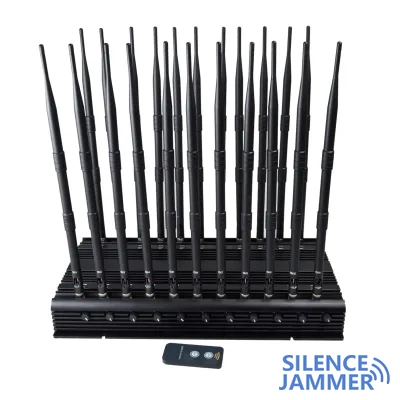In recent years, the role of the global positioning system (GPS) in military warfare has become increasingly prominent, especially in improving the precision strike capability of weapons and enhancing battlefield command and control efficiency. From the Gulf War in 1991 to today's high-tech conflicts, GPS technology has become an indispensable key factor in modern warfare.

War Application of GPS Technology
The GPS positioning system provides high-precision positioning, navigation and time services through a global satellite network, providing accurate location information and time and space references for air, ground and sea forces in military operations. In the Gulf War, the US military used portable GPS receivers for navigation for the first time, which greatly improved its combat capabilities in unmapped desert environments. In the subsequent "Allied Force Operation", GPS technology was integrated into missile and guided weapon systems, bringing its accuracy to an amazing 9 meters, greatly improving strike accuracy and battlefield efficiency.

Technological development and application prospects
With the continuous advancement of technology, the application of GPS systems in war is constantly evolving and expanding:
Innovative orbit design: Europe's Galileo satellite navigation system is an important supplement to GPS. Through innovative orbit design and open characteristics, it provides independent and GPS-compatible navigation services, which is especially important in civil and military aviation.
Research and development of anti-interference technology: In the face of increasing threats of GPS interference, the United States actively develops anti-interference technology, such as the application of new signal structures and military pseudo-satellite systems (Pseudolites) to improve the security and reliability of GPS signals.
Performance improvement technology: including the application of digital cesium clocks, optimizing the performance of cesium clocks through computer control and environmental compensation, and ensuring that the GPS system can still operate stably under various environmental conditions.
Application and challenges of GPS signal jammers
In modern warfare,GPS jammers are gradually valued by the military of various countries as a means of electronic countermeasures. This device covers the GPS frequency band by transmitting strong interference signals, making the receiver unable to receive effective navigation signals, thereby rendering the enemy's guided weapons and navigation systems ineffective.
Military use: On the battlefield, GPS signal blockers can be used to protect important facilities and troops from enemy GPS-guided weapons. For example, deploying GPS jammers around military bases and strategic locations can effectively prevent precision strikes from enemy missiles and drones.
Civilian challenges: However, GPS signal jammers also bring challenges, especially the impact on civil aviation and navigation systems. Once such equipment is used near a war zone, it may interfere with the navigation system of civil aircraft and increase flight risks. Therefore, how to find a balance between military protection and civil safety has become an important issue that the military and aviation management agencies of various countries need to solve.
Global impact and battlefield benefits
The GPS positioning system not only plays an important role in traditional warfare, but also provides key support in counter-terrorism operations, disaster relief and humanitarian assistance. Its high accuracy and immediacy enable the military to respond quickly and perform tasks accurately, greatly improving the efficiency and safety of operations.
Conclusion
In summary, the GPS positioning system has become an indispensable technical support in modern warfare, and its role in improving military strike accuracy, improving command and control efficiency, and ensuring military security is becoming increasingly prominent. With the advancement of technology and the expansion of application scenarios, the GPS positioning system will continue to play a key role in future military operations and contribute to safeguarding national security and maintaining global peace. However, with the application of GPS signal jammers, the balance between security and interference in the military and civilian fields needs more attention and solutions.




